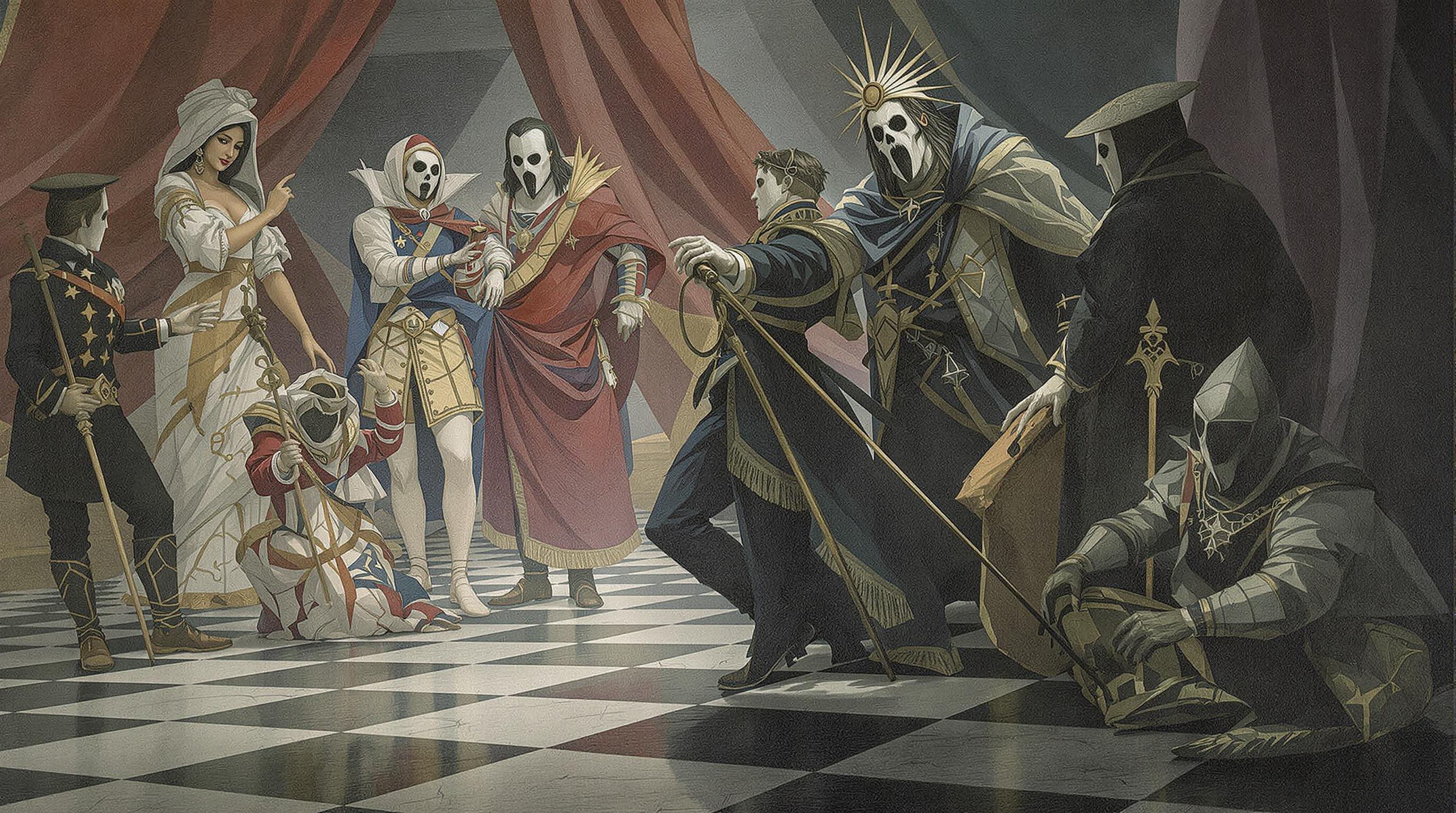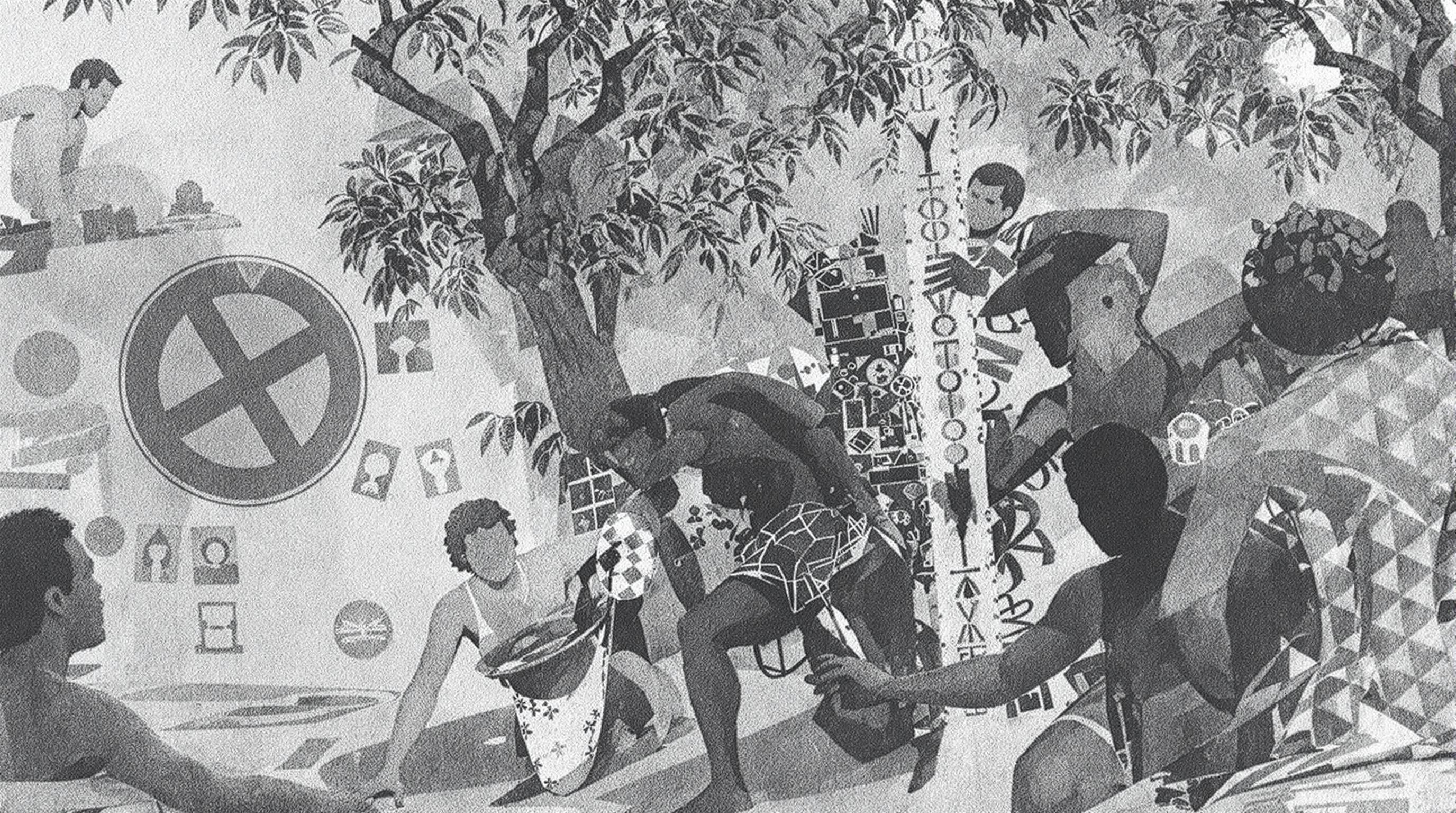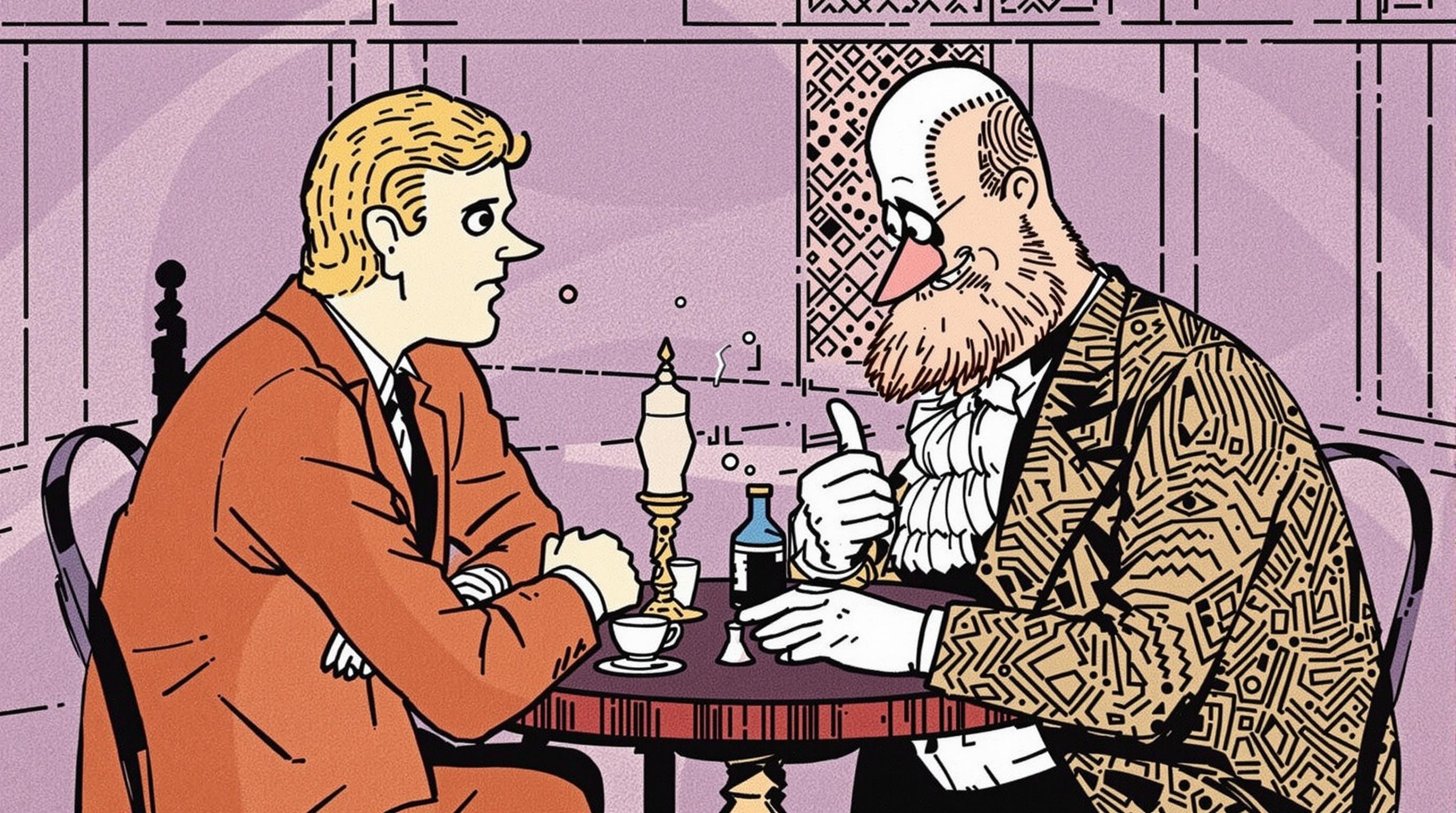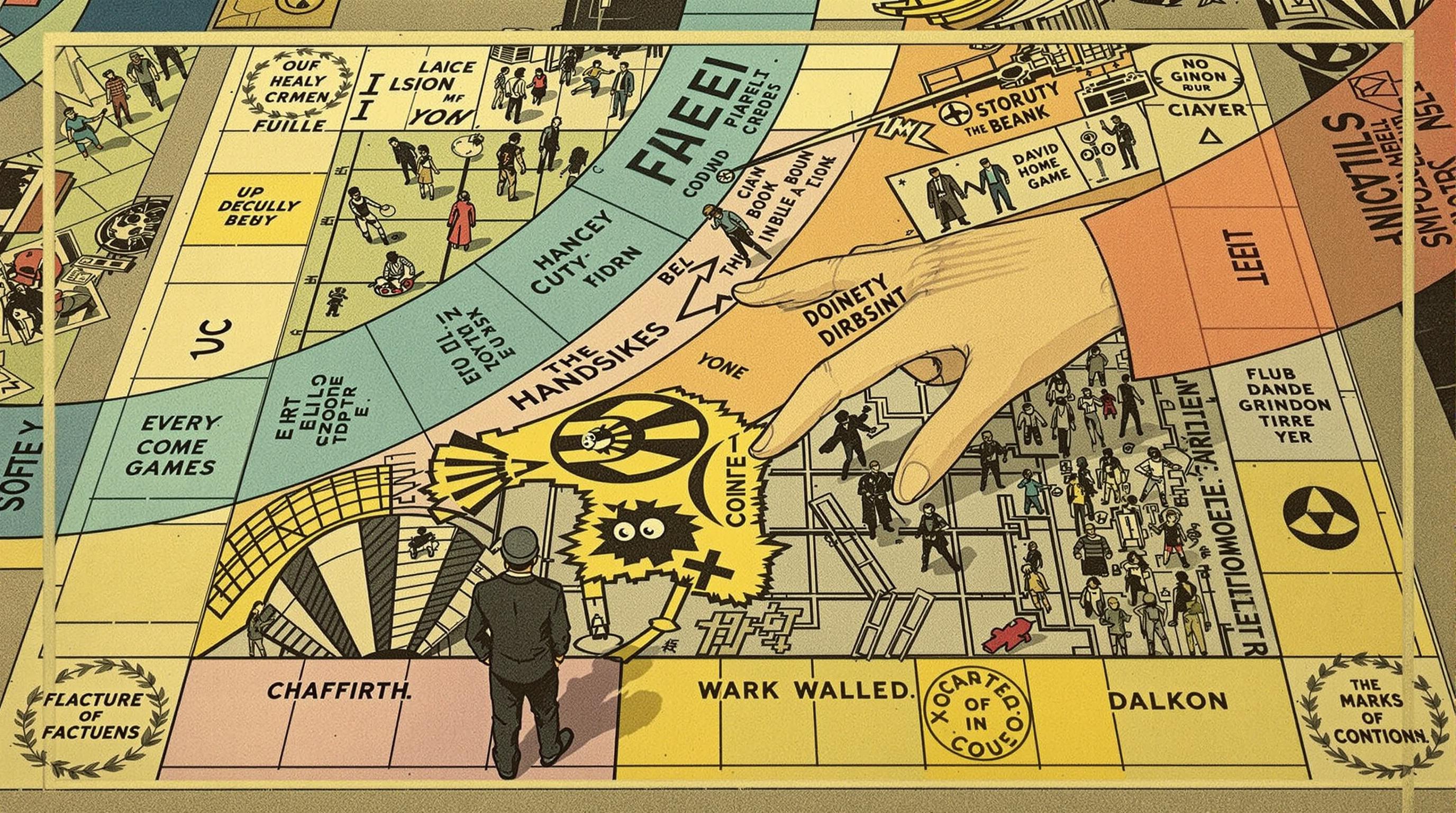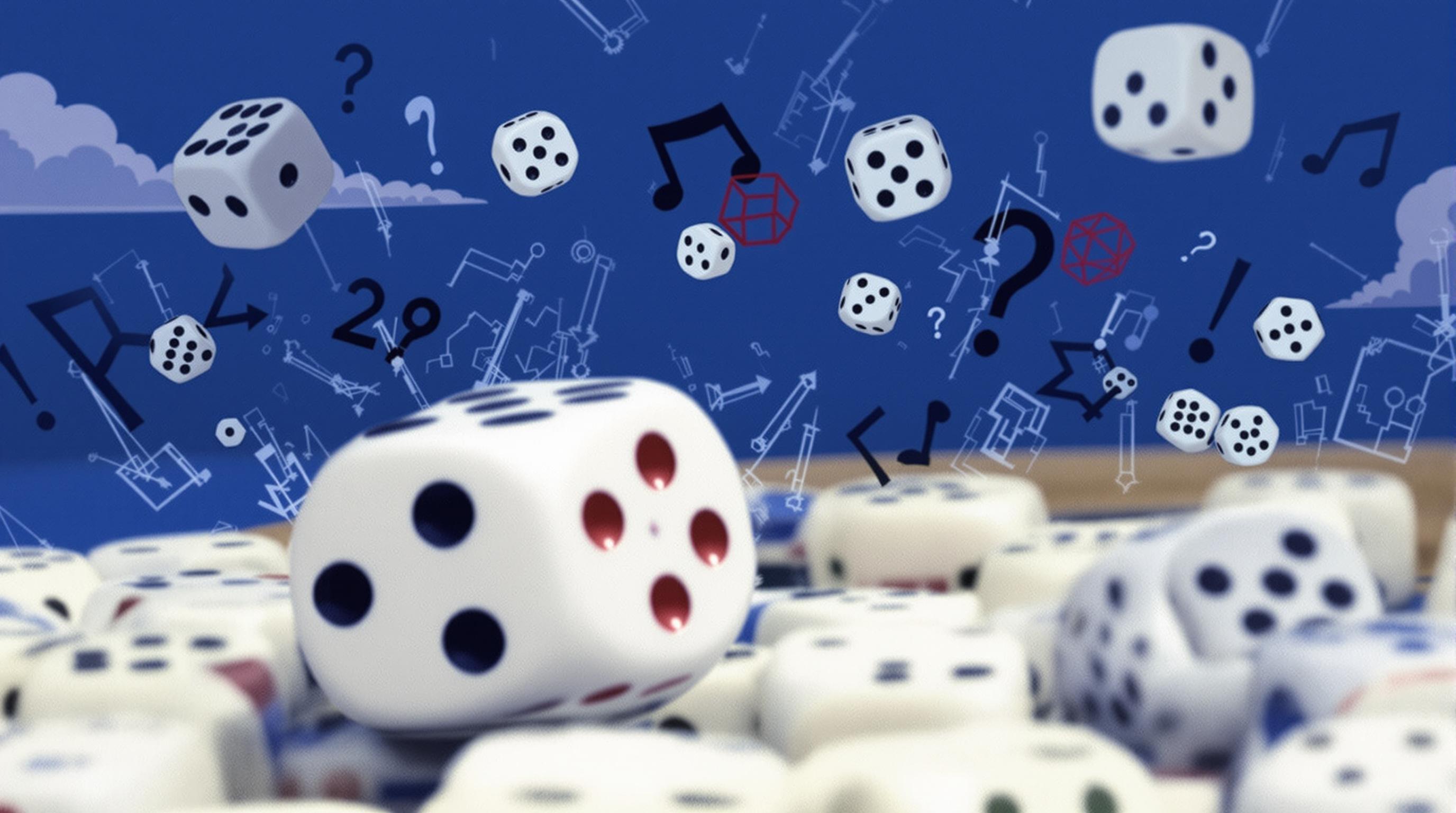Related Articles
- Cultural Collisions: How Colonialism and Conquest Transformed Games and Their Rules Across Continents
- The Eccentric Anomalies of Game Etiquette: Odd House Rules That Defied Generations
- Unveiling the Unconventional: The Role of Secret Societies in Shaping Game Regulations Across Time
- Revisiting the Cultural Phenomenon: How Iconic Championships Influenced Fashion Trends on and off the Field
- Revisiting the Aftermath: How Championship Wins Shape Community Identity and Local Economies
- The Role of Unexpected Weather Events in Shaping Championship Outcomes: A Tidal Wave of Influence
Unveiling the Unconventional: The Role of Secret Societies in Shaping Game Regulations Across Time
Unveiling the Unconventional: The Role of Secret Societies in Shaping Game Regulations Across Time
Often perceived as the stuff of conspiracy theories, secret societies have wielded significant influence over various aspects of society, including game regulations. This article explores how these clandestine groups have shaped gaming laws throughout history, lending an air of intrigue and complexity to the gaming world.
The Historical Context
The influence of secret societies dates back centuries, with many prominent organizations such as the Freemasons and the Illuminati being involved in various aspects of governance, culture, and, yes, even gaming regulations. Take, for instance, the Freemasons, whose members historically included influential politicians and social reformers. Their coded meetings often revolved around how to advance their social agendas, which sometimes included setting the groundwork for regulations impacting games of chance.
The Birth of Modern Gaming Regulations
In the late 19th and early 20th centuries, gambling began to emerge from the shadows into the societal mainstream. The rise of secret societies around this time coincides with the establishment of legal frameworks regulating gambling activities. According to a study by the American Gaming Association, the legal gambling industry in the U.S. alone generated an estimated $44.23 billion in revenue in 2022, illustrating the significance of these regulations.
The Social Experiment: Prohibition and Gaming
Diving into the annals of history, we can’t ignore the role of secret societies during Prohibition in the United States (1920-1933). With alcoholic beverages illegal, speakeasies adorned with hidden doors became the go-to hangouts for those looking to revel in clandestine entertainment—think of it as a secret society within a social society. The rules that governed these venues? Unwritten—crafted by shadowy figures behind the scenes, where cash transactions and poker games ran rampant.
Many believe that groups such as the Mafia, although not traditional “secret societies,” operated with similar principles of exclusivity and secrecy. They manipulated existing gaming laws and introduced their own set of regulations, ensuring a well-timed shuffle of cards in their favor—a testament to their ability to navigate the legal framework while leveraging a monopoly on underground gaming.
The Influence on Online Gaming
Fast forward to the digital age: the emergence of online gaming in the 21st century has invited a new wave of secretive influences. The rise of cryptocurrencies and decentralized gaming platforms is often associated with lesser-known organizations that operate outside the mainstream financial sector. Statista reported that the global online gaming market is expected to reach $196 billion by 2022, with regulation becoming more complex as these hidden factions redefine the landscape.
In this digital realm, who makes the rules? Cryptographers and hackers may not be “secret societies” in the traditional sense, but they often operate in ways that can impact game regulations significantly. For example, in 2016, a hacker group targeted the European Union’s cybersecurity systems leading to enhanced regulatory scrutiny on data protection in the gaming world (European Commission, 2017). Gaming regulations must evolve, and sometimes those changes come from unexpected places.
Case Study: The Golden Dawn & Esoteric Gaming
One of the intriguing secret societies influencing gaming regulations was the Hermetic Order of the Golden Dawn, established in the late 19th century. While primarily known for its focus on mysticism and magic, some of its members published works on game theory, which included unconventional methods that challenged existing game regulations. These writings inspired many a poker player and raised questions about the ethics of chance versus skill in gambling—a debate that still reverberates today.
Busting Myths: The Power of Connection
Now, you may be wondering, “Are secret societies really that powerful?” Let’s sip our proverbial tea and examine the phenomenon. Organizations like the Illuminati may be the icons of popular conspiracy theories, but there’s something to be said for their core principle—connection breeds influence. Research by the Institute for Research on Public Policy noted that networks of informal connections often lead to policy shifts far more than formal discussions. It’s scary how that plays into the world of gaming and regulation!
The Modern Society: Gaming and Philanthropy
Interestingly, not all influences from secret societies are negative. Many contemporary organizations, which may continue the tradition of secrecy, adopt philanthropic profiles that lend themselves to helping the marginalized. For example, groups dedicated to responsible gaming often influence legislation in a way that promotes fairness and accessibility, sometimes operating behind the scenes to push these important initiatives forward.
A Touch of Humor: Gaming Conspiracies
Let’s not forget the lighter side of this topic! Ever heard someone say, “Playing Monopoly always ends in family chaos? It’s because the Board of Unseen Games is altering fate!” If humor were a game, we’d likely be playing it in the dark, right? But on a serious note, many gaming enthusiasts have played along with the notion that game mechanics in popular games are dictated by unseen forces—a symptom of clever marketing or perhaps a nod towards the influence of secret societies?
The Youthful Perspective
As we shift into the 2020s, we see younger generations embracing digital and tabletop RPGs while forming their own “secret societies” through gaming. The rise of platforms like Discord allows users to create hidden groups with their regulations for what makes a good game. While the youth may not recognize these connections, they surround themselves with their creative influences—such as developing new rules for gaming that mimic societal structures they observe in secretive organizations.
The Takeaway: Shaping the Future
In conclusion, secret societies have played an indispensable role in shaping game regulations across time. This influence isn’t merely about conspiracies and whispers in dark corners; it encompasses historical shifts in social gaming practices, the evolution of legislation, and even the approach to modern gaming in the digital age. As society continues to evolve, we must keep a watchful eye on these shadows, ensuring that gaming regulations remain fair, ethical, and allow creativity to flourish without the yoke of hidden agendas.
So the next time you roll a die or draw a card, remember that there might just be a secret society somewhere, reacting to your moves, guiding or reshaping the very game you’re playing—directly or indirectly!
